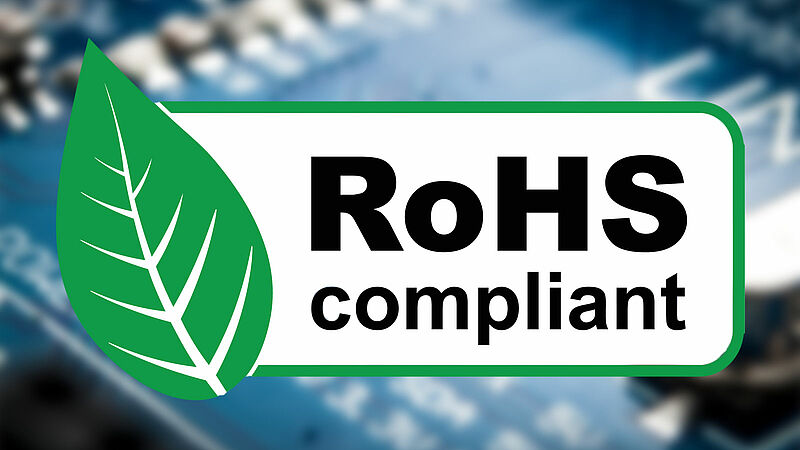Knowing the rules about environmental regulations as well as compliances is very essential when you are in the manufacturing industry. The European Union is very particular about these rules and when it comes to maintaining the environmental standards, there are no compromises made. Hence, they have collated and created a set of such compliance guidelines that are known as Restriction of Hazardous Substances or RoHS.
Here are a few important frequently asked questions answered for your better understanding.
What does RoHS compliance mean?
An independent authority has tested the compliance on 10 banned substances and that has made them conclude using them below the threshold limits. After the extensive tests conducted, the following have been listed as the restricted compounds that must be barred from usage:
- Cadmium
- Lead
- Mercury
- Hexavalent chromium
- PBB
- PBDE
- DEHP
- BBP
- DBP
- DIBP
Is it mandatory in Europe?
Lately, all of the electrical and electronic equipment (EEE) must clear the inspections of the RoHS authorities to sell in any EU country. But there have been practices of implementing these compliances differently by each member states and knowing the rules is essential to import goods in these states.
How is WEEE related to RoHS?
The Waste Electrical and Electronic Equipment Directive falls under the set of EU directives and that asks the manufacturers to take serious responsibilities for the disposal processes of these e-wastes. Both of these directives need to be applied altogether on the same products but have their own set of rules. They also differ country-wise and also their implementations.
What are the exemptions from RoHS?
The RoHS compliance exempts the manufacture of a few of the product and application categories. These exemptions apply to military, scientific, medical equipment as well as industrial products. The spare parts that have been placed in the market before the 1st of July of 2006 are also exempted from these guidelines.
Do non-EU countries also have RoHS laws?
There were previously no such rules but with each passing day, more countries like South Korea, Japan, and China have been forming their RoHS-like guidelines and regulations. They are forming these guidelines by the EEE businesses that would also look into the management of the waste and hazardous substances.
With the RoHS compliance becoming mandatory for the manufacturing of electrical as well as electronic goods, you can easily get your products checked and verified through Enviropass.


